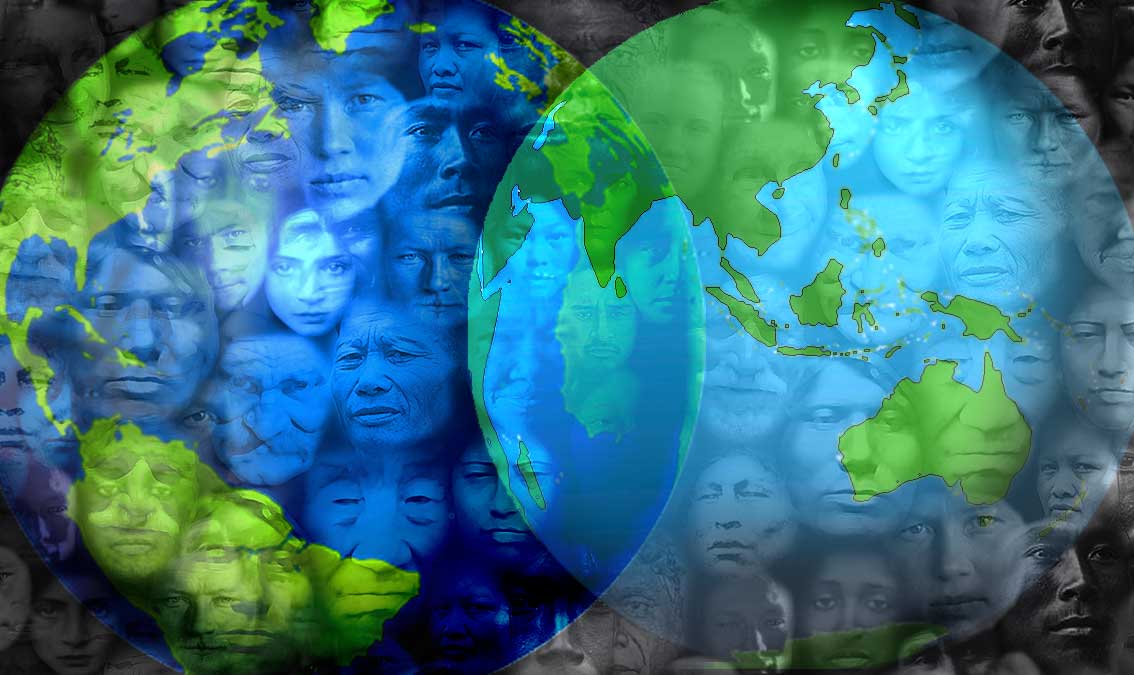
Massive Open Online Course (MOOC) on Indigenous Peoples’ Rights: an account of 10 months of life and next cycle
The Massive Open Online Course on Indigenous Peoples’ Rights prepared by the Institute for the Study of Human Rights thanks to a Provost’s award just completed its first cycle after 10 months (November 2020 to August 2021). The course was created in collaboration with Indigenous experts from around the world as well as Columbia’s CTL team.
A special launch of the course took place during the 20 th session of the UN Permanent Forum on Indigenous Issues on Tuesday, 20 April 2021. In a recommendation at the end of its annual session, the Permanent Forum welcomed the launch of online courses on Indigenous Peoples’ rights by Columbia University, Office of the High Commissioner for Human Rights (OHCHR), Tribal Link Foundation and Universidad Indígena Intercultural of the Fondo para el desarrollo de los pueblos indigenas (FILAC) and, among other things, recommended to academia, Indigenous and other organizations and the UN system to seek ways to provide access to these courses to Indigenous Peoples living in remote areas without internet or digital devices.
Some statistics from the first cycle of the Online Course: 3265 learners participated, 979 of whom pursued and obtained a course certificate. 29 was the median learner age. Learners participated from 124 countries, with 14% from the USA (439), with India, Canada and Turkey having the next highest participation.
Based on the positive feedback received, the Institute for the Study of Human Rights is pleased to announce that the second cycle of the Massive Open Online Course on Indigenous Peoples’ Rights is expected to last until May 2022.
In the words of one participant, who thanks Columbia and all those who made this online course possible and accessible to diverse populations: “The course has been a useful introduction to the rights of Indigenous Peoples and the UN Declaration on the Rights of Indigenous Peoples (UNDRIP). The course bibliography provides a wealth of resources that will be instrumental in my continual advocacy for the rights of urban Indigenous Peoples, women and human rights defenders. This course needs to reach more Indigenous Peoples as it provides essential information about UNDRIP, free, prior and informed consent ( FPIC) and the international human rights instruments available to us. The course content also opens up possibilities for indigenous peoples and movements to create in their own Indigenous languages and within their own Indigenous knowledge- based frameworks - Indigenous rights protocols, Indigenous FPIC templates and much more for states and non-indigenous agencies and stakeholders to adhere to.”





